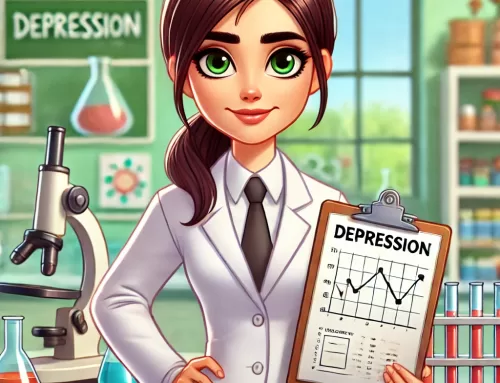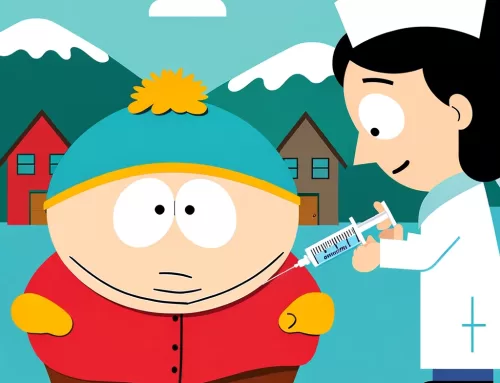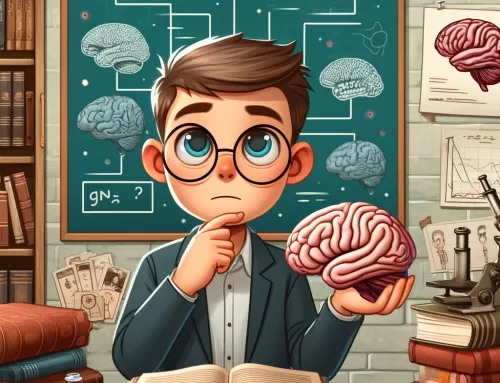 The most effective treatment for adults with moderate depression is likely to be a combination of antidepressant drugs and psychological interventions. A new summary provides the strongest evidence to date that the combination of treatments work better than either alone.
The most effective treatment for adults with moderate depression is likely to be a combination of antidepressant drugs and psychological interventions. A new summary provides the strongest evidence to date that the combination of treatments work better than either alone.
The most recent advice from National Institute for Health and Care Excellence (NICE) comes in a clinical knowledge summary (March 2020). It suggests low-intensity psychosocial interventions such as self-help, computerized cognitive behavioral therapy (CBT), or group exercise programs for mild to moderate depression. Routine use of antidepressants is not suggested for this group. The combination of drug and high intensity psychological therapy is reserved for those with severe depression.
Routine use of combination treatment will require increased access to psychological therapies, including computerized and group CBT as well as individual treatment.
What’s the issue?
There is clear evidence that drug-based and psychological therapies are effective treatments for depression. How these therapies compare with each other, alone or in combination, is less clear. Previous studies suggested the combination might be more effective than either alone but were not conclusive.
Combination treatment is likely to be more expensive to deliver than a single treatment. Psychological therapies are more expensive than drug treatments. Commissioners need good evidence if they are to fund psychological therapies and combination treatment. This study was designed to give more precise estimates of how effective each treatment is, to allow treatments to be ranked.
What’s new?
This meta-analysis included 101 trials, with 11,910 participants. The most commonly used psychotherapy was CBT, and the most commonly used group of drugs were the selective serotonin reuptake inhibitors (SSRIs).
The researchers considered that patients had responded to therapy if their symptoms of depression were reduced by half. They found that patients receiving combination psychological and drug therapy were most likely to respond. They were:
- 27% more likely to respond than those receiving psychotherapy alone
- 25% more likely to respond than those receiving drug treatment alone
There were no significant differences in response rates between psychotherapy alone and drug treatment.
Treatment acceptability was based on the number of patients who dropped out of studies. The study found that:
- combined treatment was 23% more acceptable than drug treatment alone
- psychological therapy alone was 17% more acceptable than drug treatment alone
- combined treatment and psychological therapy alone were equally as acceptable
Combination treatment was superior overall for both moderate and severe depression. There were too few studies to calculate the effectiveness of these treatments on mild depression.
Why is this important?
This research suggests that, for people with moderate depression, combination treatment should be offered before antidepressants alone. Where a single treatment is chosen, the results suggest that psychological treatment is more acceptable to patients than drug treatment.
The added benefit of combined treatment is greatest for those with the highest chance of responding to either therapy alone. When considering treatment options, patient preferences, individual circumstances, and treatment history also need to be taken into account.
What’s next?
New NICE guidelines on depression in adults are planned. The existing NICE guidelines, published in 2009, recommend a stepped-care model for those with mild to moderate depression. Either psychological therapy or antidepressant drugs were offered only after earlier steps have been exhausted.
The recent NICE clinical knowledge summary (March 2020) recommends low-intensity psychosocial therapies in newly-diagnosed mild-to-moderate depression. Routine use of antidepressants is not recommended for mild-to-moderate depression unless people have a history of the condition, persistent symptoms, or another ongoing physical health problem. Combination therapy with an antidepressant and a high-intensity psychological intervention is reserved for those with severe depression.
Further research needs to focus on long-term results. Most studies included in this meta-analysis lasted eight to 16 weeks, which is not long enough to consider relapse rates. Further analysis could identify the specific groups likely to benefit from one or another treatment approach.




